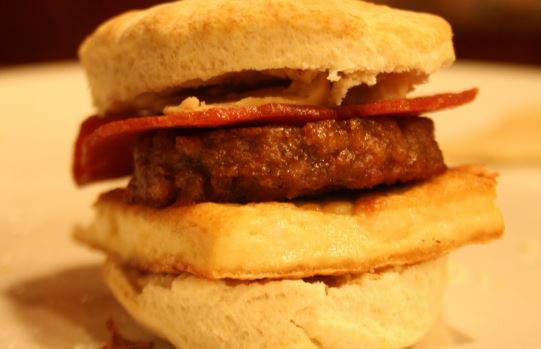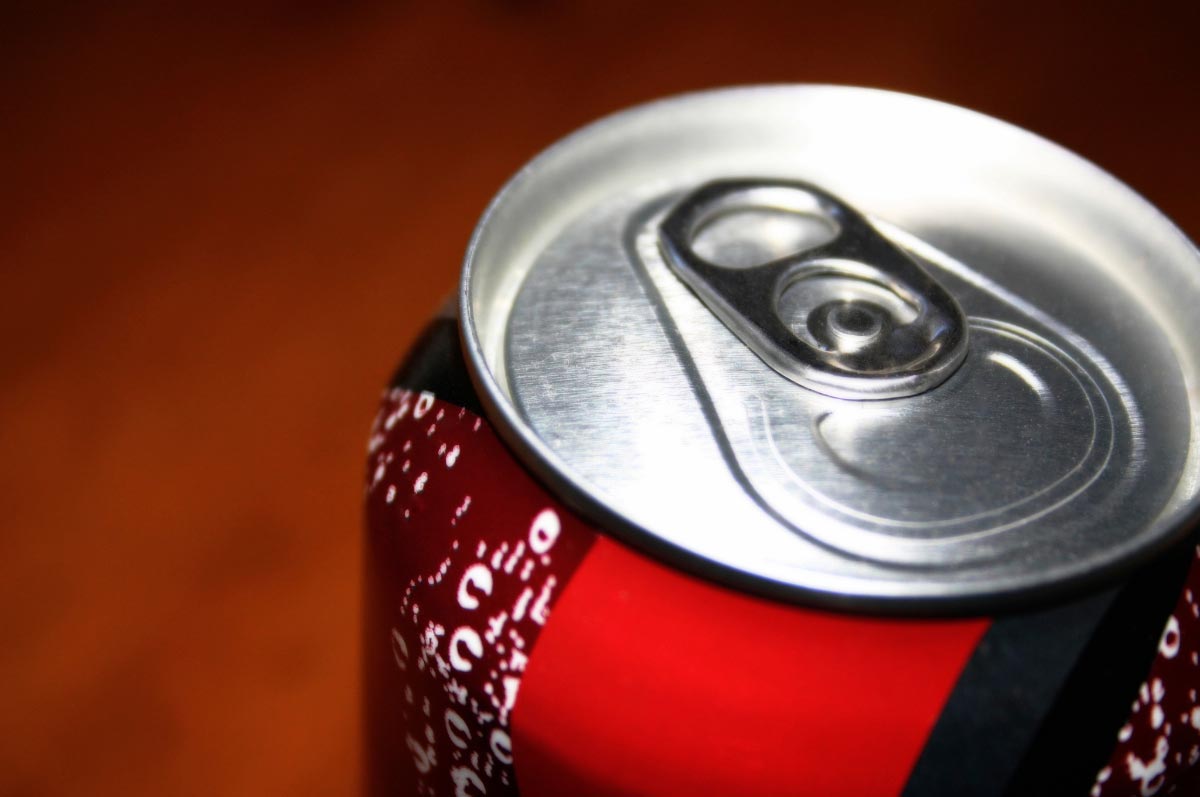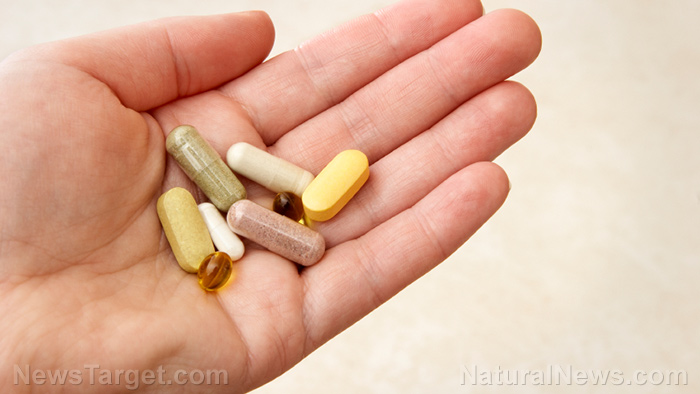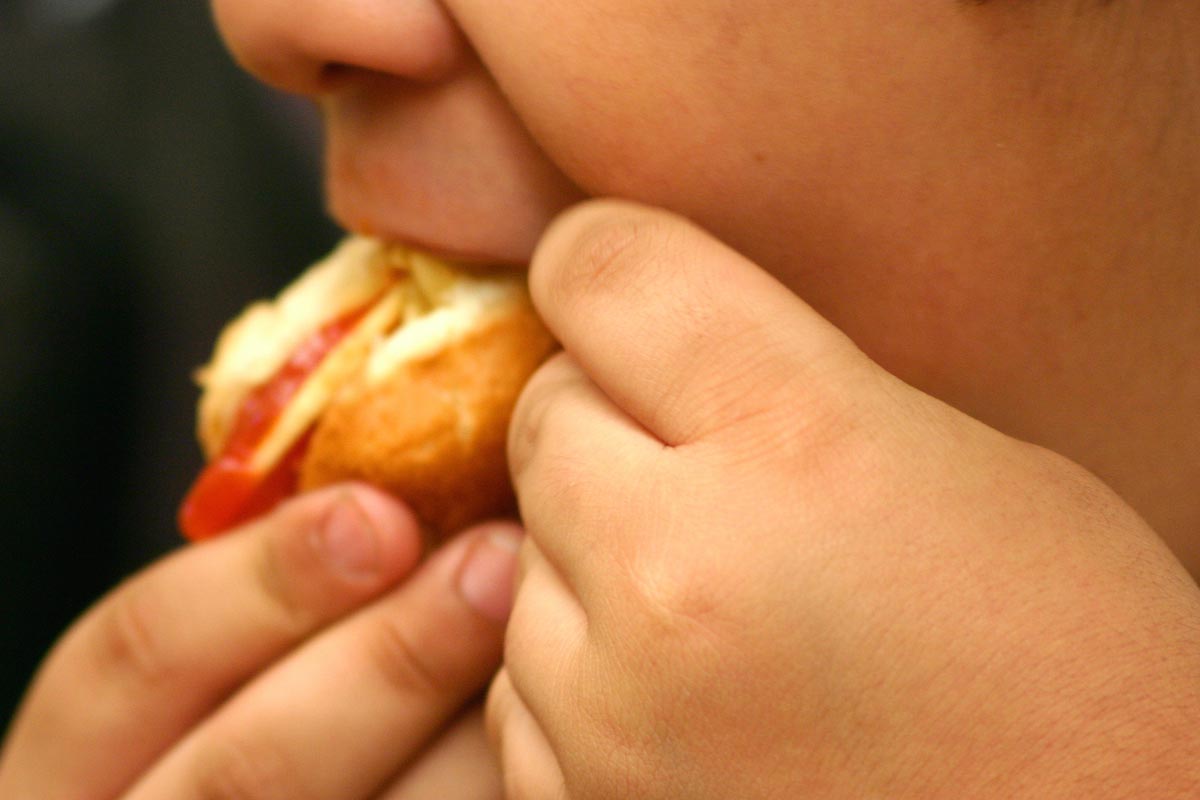Think before you chew: A high-fat diet can increase the blood pressure of both younger males and females, warn researchers
04/24/2019 / By Edsel Cook
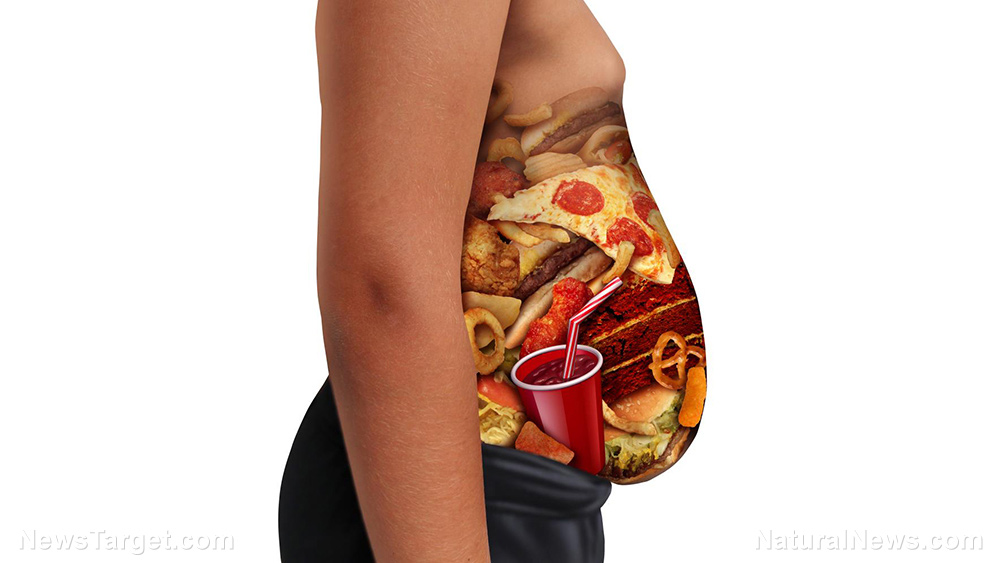
A new animal study lent additional credence to earlier findings that a diet rich in fatty foods can harm the cardiovascular health of young people. It showed that both male and female rats of the same age developed high blood pressure after subsisting on a high-fat diet for just one month.
Researchers at Augusta University previously believed that males would be more greatly affected by high-fat diets. However, their results showed that both male and female animals underwent similar increases in blood pressure.
For their experiment, they evaluated male and female Dahl salt-sensitive rats in an animal model of hypertension. Members of this breed developed high blood pressure after consuming diets with unhealthy amounts of salt. Furthermore, male Dahl rats could also suffer from hypertension after consuming a high-fat diet.
“Since women are more likely to be obese than men and the association between increases in body weight and blood pressure is stronger in women, we wanted to see if the same response occurs in the female as well,” explained Augusta researcher Dr. Jennifer C. Sullivan, the corresponding author of the study. (Related: High-fat “Western” diet increases your risk of infectious diseases and food poisoning, reveals study.)
A high-fat diet will harm the cardiovascular health of males and females alike
Normally, younger female rats enjoyed better cardiovascular health than male rats, even after consuming high-salt diets. However, Sullivan and her colleagues reported that a high-fat diet eliminated that natural protection.
Young male rats – and the young male humans they simulate – have higher blood pressure, to begin with. But both sexes quickly displayed similar increases in blood pressure after eating fatty foods.
To make matters worse, the high-fat diet triggered an increase in T cells that trigger inflammation in the aorta, the body’s largest blood vessel. At the same time, the bad diet also diminished the levels of regulatory T cells (Tregs) that countered the inflammatory effects of the previous T cells.
Males are still more vulnerable to hypertension than females
However, female rats still enjoyed better overall cardiovascular health than males. Females usually have higher percentages of Tregs to T cells, which helped bring down their blood pressure. So while Treg levels dropped in both males and females, the latter retained the higher percentage of anti-inflammatory cells.
As shown by other studies, female rats could even raise the percentage of Tregs in response to high intakes of fats, salts, and other substances that cause hypertension. They could, therefore, maintain healthier blood pressure than male rats.
This can be seen in the Augusta study, which examined the kidneys of male and female rats that ate high-fat diets. The researchers found higher amounts of inflammatory T cells in the organs of both sexes, but male animals displayed greater increases.
Even without signs of obesity, a high-fat diet can cause cardiovascular problems
Sullivan restated that the alterations to the levels of T cells and Tregs in the rats were not connected to a considerable increase in weight. The changes also took place in just four weeks.
When placed on the high-fat diet, both sexes ate smaller amounts of food, so their intake of calories remained stable. However, female rats ate more high-fat food than the males.
The August researchers have come to theorize that eating lots of fatty food changes fat cells. The modified fat cells could trigger an immune response in the form of inflammation, which led to the onset of hypertension.
“To me it really highlights the importance of understanding what you are eating,” Sullivan remarked. “I think we may be underestimating how bad a consistently high-fat diet is for us.”
Sources include:
Tagged Under: cardiovascular health, fast food, fight obesity, heart disease, heart health, high blood pressure, high-fat diet, hypertension

